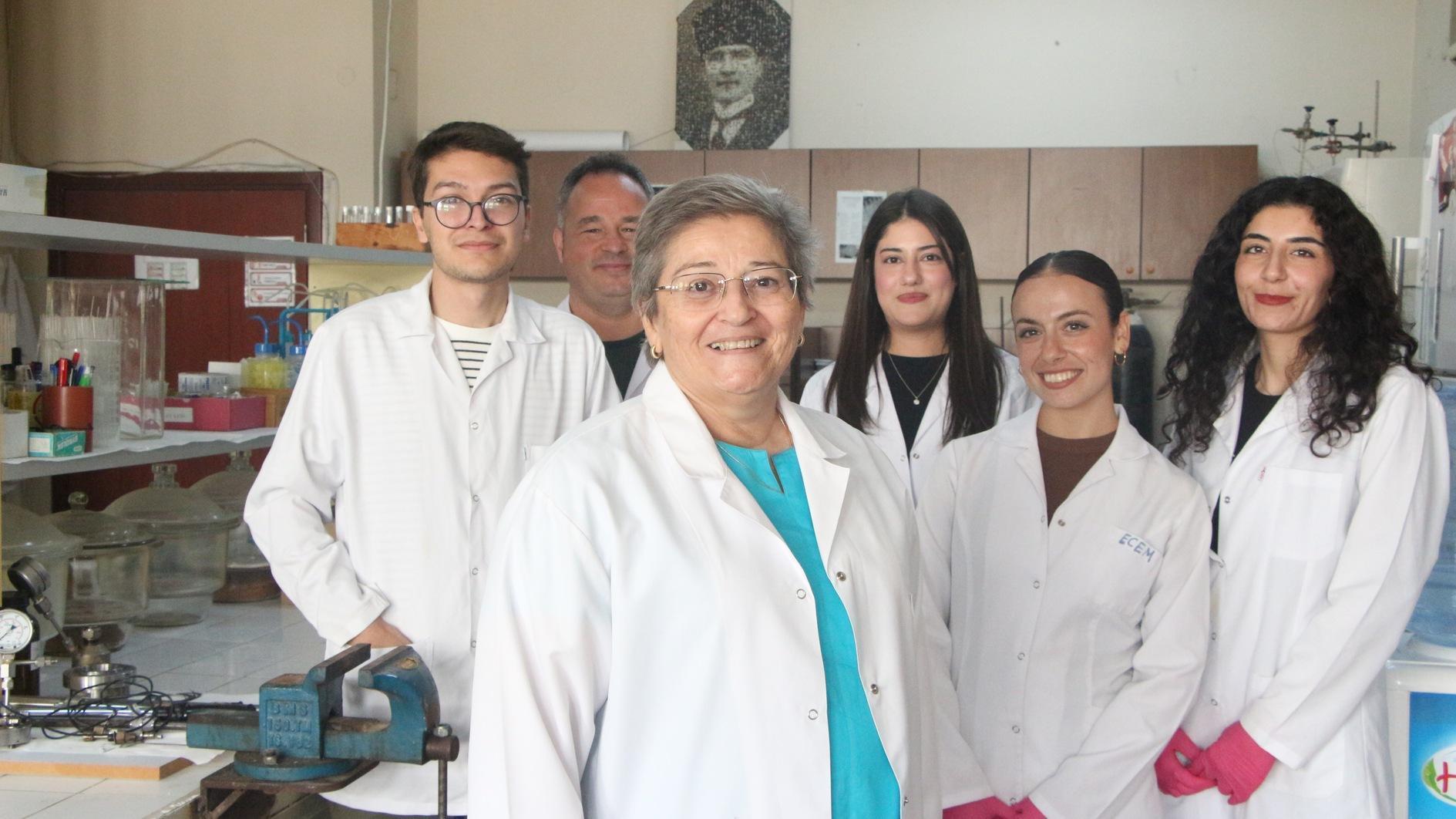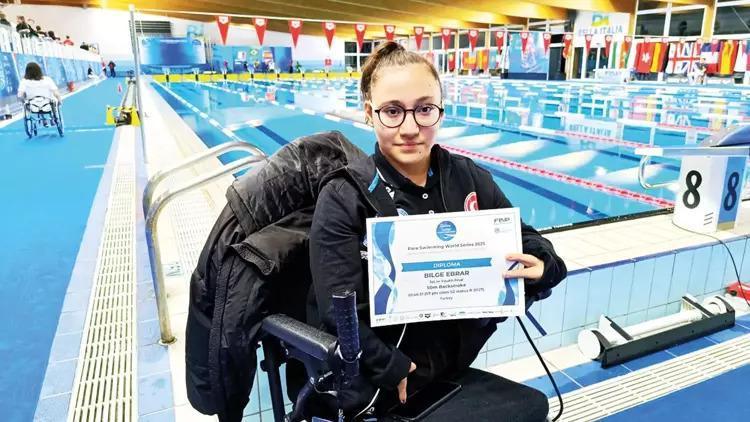Academics explore cannabis for schizophrenia treatment
ADANA

Researchers from five universities spread across the country have united forces and initiated a project to explore the effects of cannabis plants on schizophrenia, in an attempt to identify an active ingredient.
This development follows the Scientific and Technological Research Council of Türkiye’s (TÜBİTAK) efforts to prioritize utilizing green technologies, assessing natural herbal resources and extracting significant bioactive compounds from such resources. Among these resources, cannabis has become a common raw material for various projects.
As part of these initiatives, Erciyes University, Ondokuz Mayıs University, Adıyaman University, and Mersin University are contributing to the research led by Professor Dr. Elife Sultan Giray from Adana Çukurova University.
This united initiative involves the laboratory examination of a variety of bioactive chemical components present in cannabis roots and flowers.
“After identifying the chemical structure of the extracts we take from the cannabis plant's roots and flowers, we will use these components to create a variety of nanoparticles in our lab,” Giray explained.
After this process, they will proceed with evaluating the effects of these nanoparticles on schizophrenia, she noted.
The project, in this way, raises hopes for the development of a more complete medication for those with schizophrenia, according to Giray.
"Right now, we are working on the project's earliest stages. We will focus on the preparation of the extracts and nanoparticles within the first two years.”
Stating that the human trial phase has not yet started, Giray said that they aim to acquire the active drug ingredient obtained from nanoparticles within three years.
She added that as part of the research, they will also undertake studies to ascertain the effects of such nanoparticles on cancer cell lines.
















